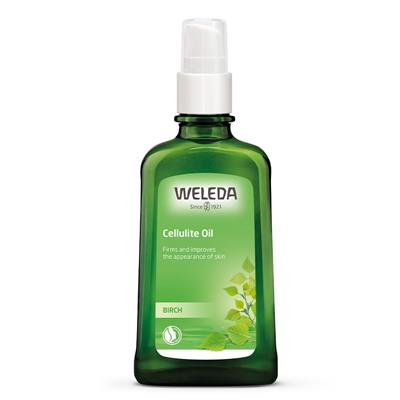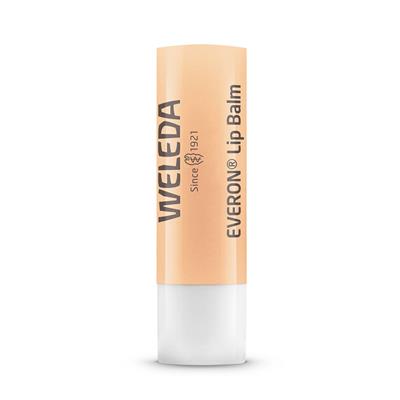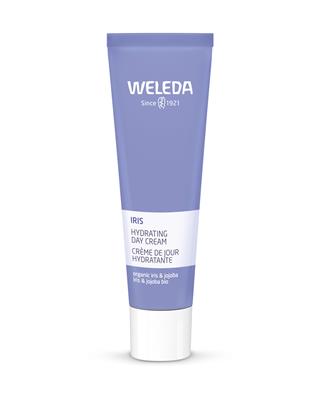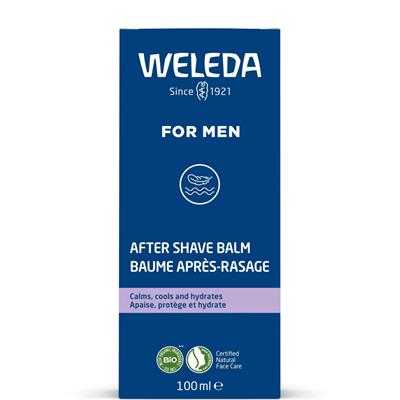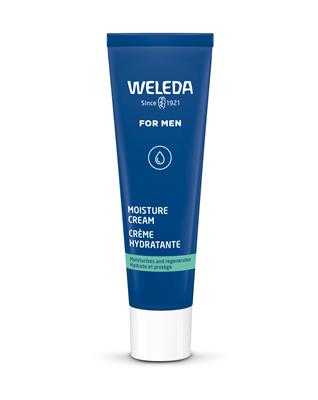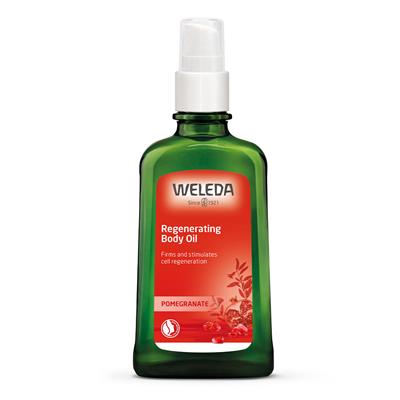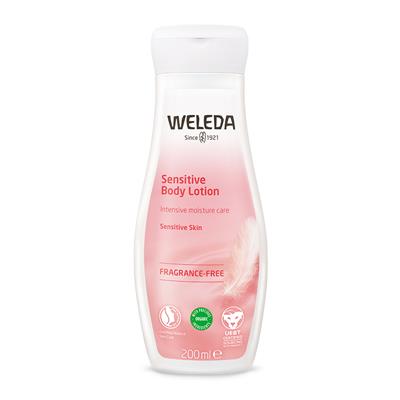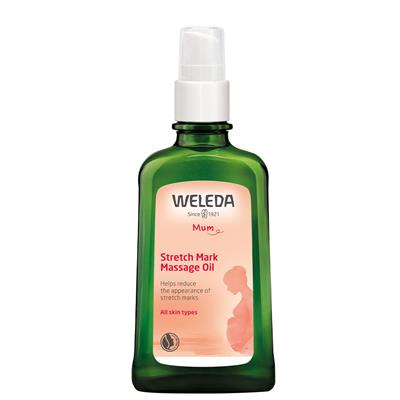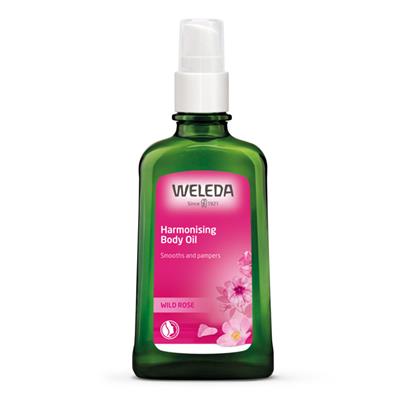Jojoba - desert hero
Some years ago, Weleda established a long-term strategic farming partnership with Argentinian farm
 owner Jorge Arizu in the Pipanaco desert. Here Jorge has created a thriving enterprise in an area of parched South American desert prone to soil erosion that previously supported very little plant life, in a vast expanse of sand known for its salt flats.
owner Jorge Arizu in the Pipanaco desert. Here Jorge has created a thriving enterprise in an area of parched South American desert prone to soil erosion that previously supported very little plant life, in a vast expanse of sand known for its salt flats.Over-grazing of these flatlands had resulted in soil erosion, with desert-like conditions driving farming families to the city in search of alternative livelihoods. The farming of jojoba has since helped prevent this problem, restoring biodiversity to the landscape and allowing local communities to remain settled in their homelands.
 Working together since 2007 when Jorge converted a conventional farm to organic, Weleda has witnessed the transformation of the landscape into a fertile jojoba farm nurtured biodynamically to Demeter certified standards. Jorge explains how the arid desert underwent this metamorphosis:
Working together since 2007 when Jorge converted a conventional farm to organic, Weleda has witnessed the transformation of the landscape into a fertile jojoba farm nurtured biodynamically to Demeter certified standards. Jorge explains how the arid desert underwent this metamorphosis:“Then something incredible happened. When we discovered biodynamic agriculture we really understood that we could explain to the desert that we were friends and that we could really create life together, that the soil is asking us to do things the right way”.
About jojoba
The evergreen shrub jojoba (pronounced ho-ho-ba), Simmondsia Chinensis, flowers in February with pale yellow flowers – in male plants these are smaller and grouped in small clusters, whilst female flowers are usually solitary. The nut-like fruits are harvested late in the autumn and into November.
The seeds produce a top quality oil that absorbs easily into the skin without leaving an oily residue. This nourishing oil supports the skin’s natural barrier function, so regulating the skin’s moisture
 balance. The oil can have a wax content of up to 60% so it’s wonderfully protective and can help counter free-radical damage. For centuries Native American indigenous people drew on the wisdom of this plant and used jojoba oil to treat wounds and care for skin and hair.
balance. The oil can have a wax content of up to 60% so it’s wonderfully protective and can help counter free-radical damage. For centuries Native American indigenous people drew on the wisdom of this plant and used jojoba oil to treat wounds and care for skin and hair.Jojoba oil is in fact a liquid wax, made up of fatty acid esters that are very similar to those found in sebum. Its similarity with our own skin’s sebum explains jojoba’s excellent skin tolerability, and it is ideally suited to sensitive skin leaving skin soft and smooth. It provides an excellent vegetarian alternative to the waxy oil from sperm whales which are now endangered. Despite its waxy properties jojoba is non-comedogenic and doesn’t block pores.
The oil is cold-pressed from the sun-dried seeds inside the jojoba fruit – each of which can contain up to three large seeds. The oil is then refined to produce a pale golden liquid which can solidify to a gel consistency at temperatures below 6°C. The oil is almost odourless, making it an ideal cosmetic ingredient as it can help stabilise other oils in a formulation and its delicate scent is the perfect partner for other fragrant ingredients. Jojoba is packed with vitamins E and B as well as minerals such as zinc and other precious phytosterols. This powerhouse contributes soothing, healing, moisturising benefits and is a natural anti-microbial, anti-inflammatory and antioxidant.
Jojoba grows up to 4 meters high in the desert, and has incredibly long taproots (up to 6 metres),
 which enable the shrubs to draw deep on groundwater and nutrient reserves even in the dry desert conditions. The jojoba shrubs are closely planted to produce dense hedgerows. The leaves are oval in shape, with a thick leathery consistency, and the nut-like fruits taste similar to a hazelnut, prompting the common name ‘wild hazel’.
which enable the shrubs to draw deep on groundwater and nutrient reserves even in the dry desert conditions. The jojoba shrubs are closely planted to produce dense hedgerows. The leaves are oval in shape, with a thick leathery consistency, and the nut-like fruits taste similar to a hazelnut, prompting the common name ‘wild hazel’.A plant of the future
Weleda is the world’s largest consumer of organic quality jojoba oil. Organic jojoba is hard to come by, which is why Weleda established this farming partnership.
This resilient and drought-tolerant plant has a lot to teach us as we adapt to climate change. Jorge’s invaluable experience at Pipanaco is now being passed on by his team to another grower in Sekem in Egypt who is benefiting from his years of wisdom farming in desert-like conditions. Sekem also provides Weleda with 58 tonnes of cold-pressed jojoba each year. Having two major sources of supply will protect Weleda if a harvest were ever to fail.
“Weleda is something the desert sent to us. We hope that this company can create consciousness”, comments Jorge. This long-term partnership is a wonderful example of how we can work in harmony with nature with magical results, to create conscious beauty products for a sustainable future.
Products which contain Jojoba Oil
Birch Cellulite Oil 100ml
Item No.
106112
£29.95
Add to basket
Everon© Lip Balm 4.8g
Item No.
106017
£5.75
Add to basket
Iris Hydrating Day Cream
Item No.
102100
£17.95
Add to basket
Men's After Shave Balm 100ml
Item No.
106019
£12.95
Add to basket
Men's Moisture Cream 30ml
Item No.
106022
£15.95
Add to basket
Pomegranate Regenerating Body Oil 100ml
Item No.
106115
£28.95
Add to basket
Sensitive Body Lotion 200ml
Item No.
106124
£12.95
Add to basket
Stretch Mark Massage Oil 100ml
Item No.
106119
£20.95
Add to basket
Wild Rose Harmonising Body Oil 100ml
Item No.
106120
£29.95
Add to basket


